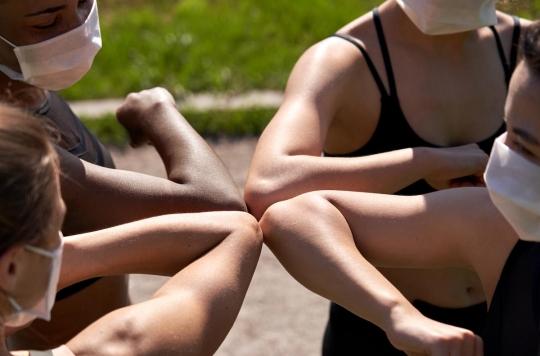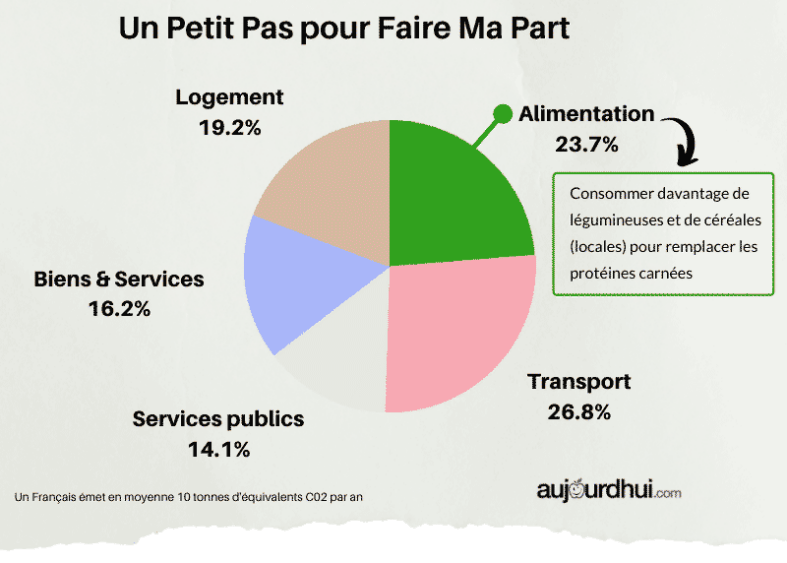The threshold of 60% vaccination, which France is approaching, favors the appearance of new resistant variants. This highlights the need to maintain barrier measures while waiting to achieve collective immunity.

- A rapid vaccination rate reduces the risk of emergence of a resistant strain.
- The highest risk of emergence of resistant strains occurs when a large part of the population is vaccinated, around 60%, but not enough to ensure herd immunity.
- Researchers remind and hammer it home: “vaccines are our best bet to defeat this pandemic”.
At 1er August, 63% of the French population received one dose of vaccine and almost 53% completed their vaccination schedule with the two injections. According to a new study, published on July 30 in the journal Nature Scientific Reports, these figures are precisely those which favor the appearance of new resistant variants. Conclusions which insist on the importance of vaccination to achieve collective immunity and recall the need to maintain measures and barrier gestures while waiting to achieve it.
A counter-intuitive result
The research team, made up of a cohort of European scientists, simulated the probability of a vaccine-resistant strain emerging in a population of 10 million people over three years, depending on the vaccination rate. So “predictable”, write the authors of the study, the model showed that a rapid rate of vaccination reduces the risk of emergence of a resistant strain. On the other hand, and this result has been called “counter intuitive”, the model showed that the highest risk of emergence of resistant strains occurs when a large part of the population is vaccinated but not enough to ensure herd immunity.
This threshold estimated at around 60%, i.e. soon that reached in France and in a large part of Western countries and where the Delta variant is spreading rapidly. “What our model showed is that when most people are vaccinated, the vaccine-resistant strain has an advantage over the original strain.assures Simon Rella, Austrian researcher and co-author of the study. This means that the vaccine-resistant strain is spreading through the population faster than the original strain at a time when most people are being vaccinated..”
Maintain barrier gestures
The researchers remind us and hammer it: “vaccines are our best bet to beat this pandemic”, insists Simon Rella. The problem is precisely that the whole population does not get vaccinated, which leaves the door open for the virus to mutate and adapt to environmental stresses, such as growing immunity and response measures designed to limit transmission.
These results confirm that it is important to respect the wearing of a mask and physical distancing. “Evolution is a very powerful force and maintaining some sensible precautions throughout the vaccination period can actually be a good tool to control this evolution.”, emphasizes Fyodor Kondrashov, co-author of the study.
A global problem
Worldwide, just over a billion people are fully vaccinated, but there are large disparities between regions. “Without global coordination, vaccine-resistant strains could be eliminated in some populations but could persist in othersnote the researchers. Thus, a truly global vaccination effort may be needed to reduce the chances of the global spread of a resistant strain..”

.

















